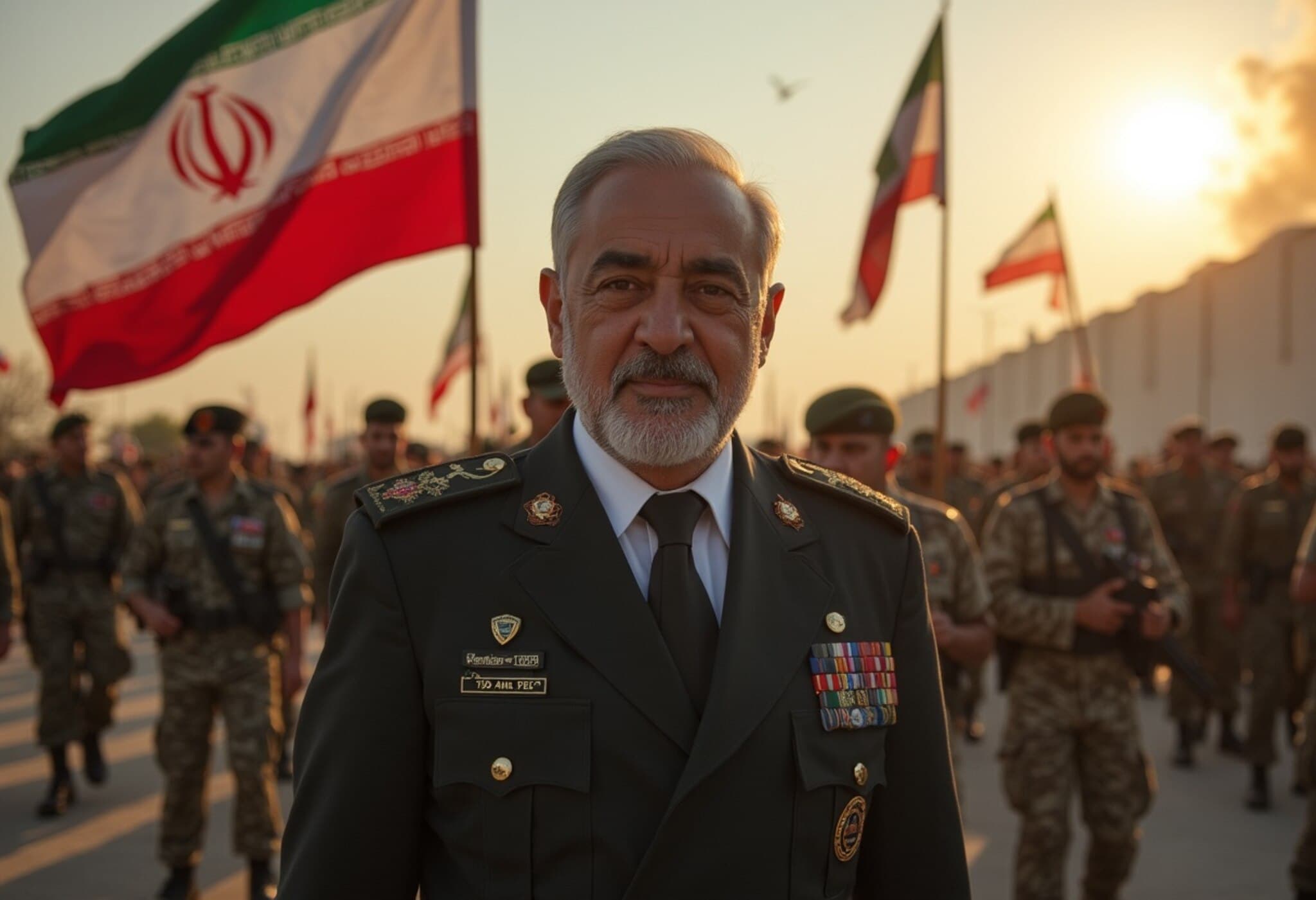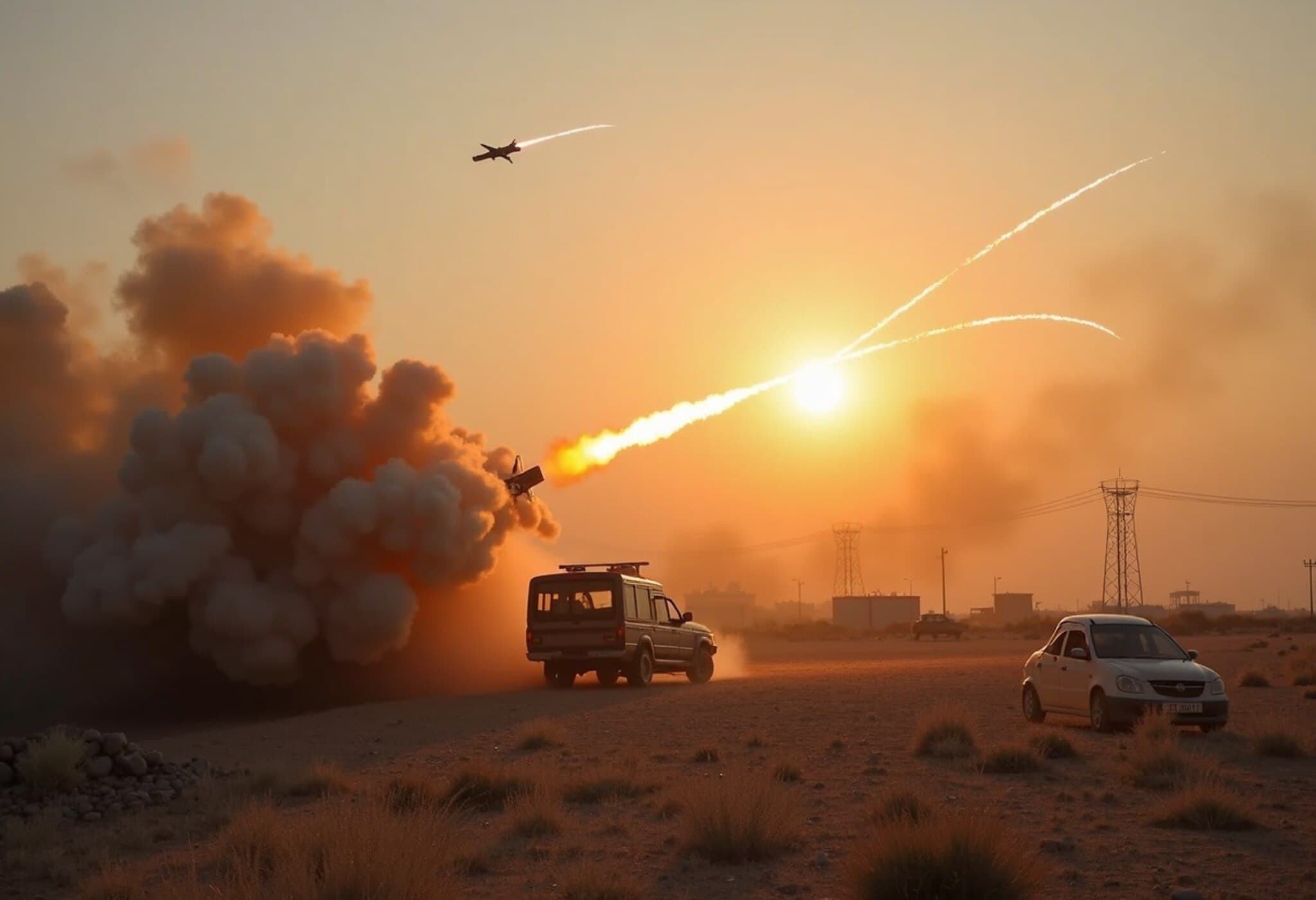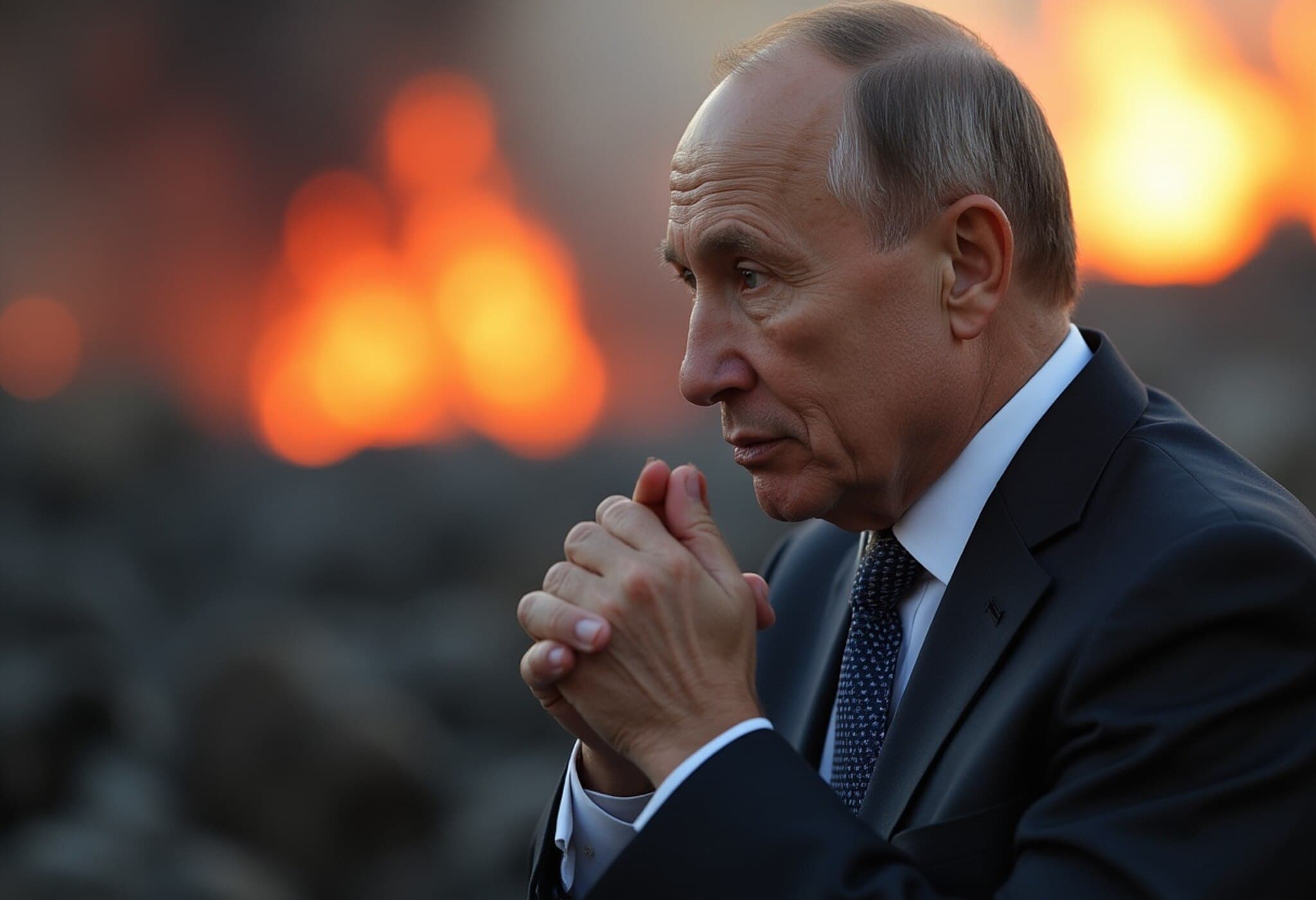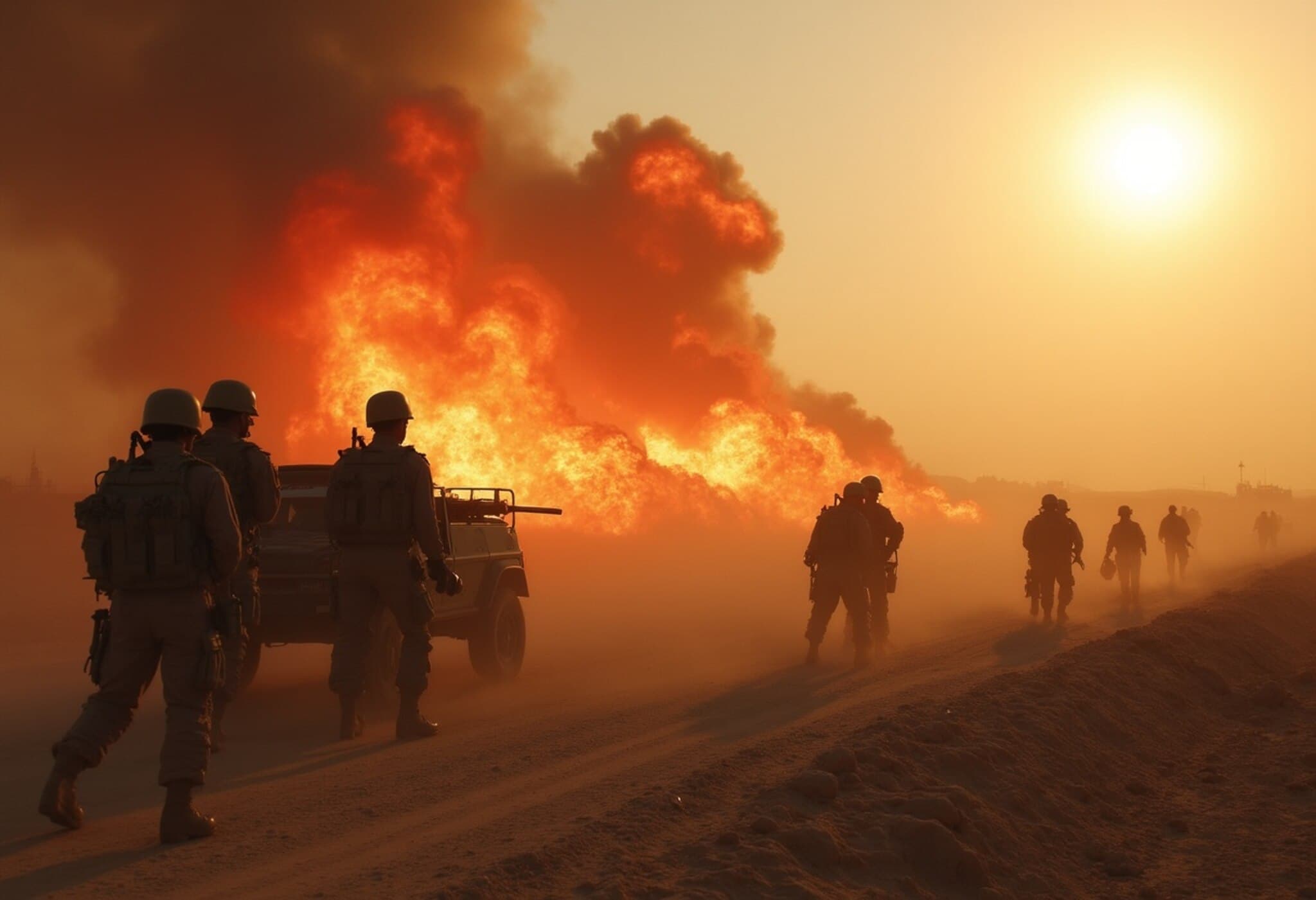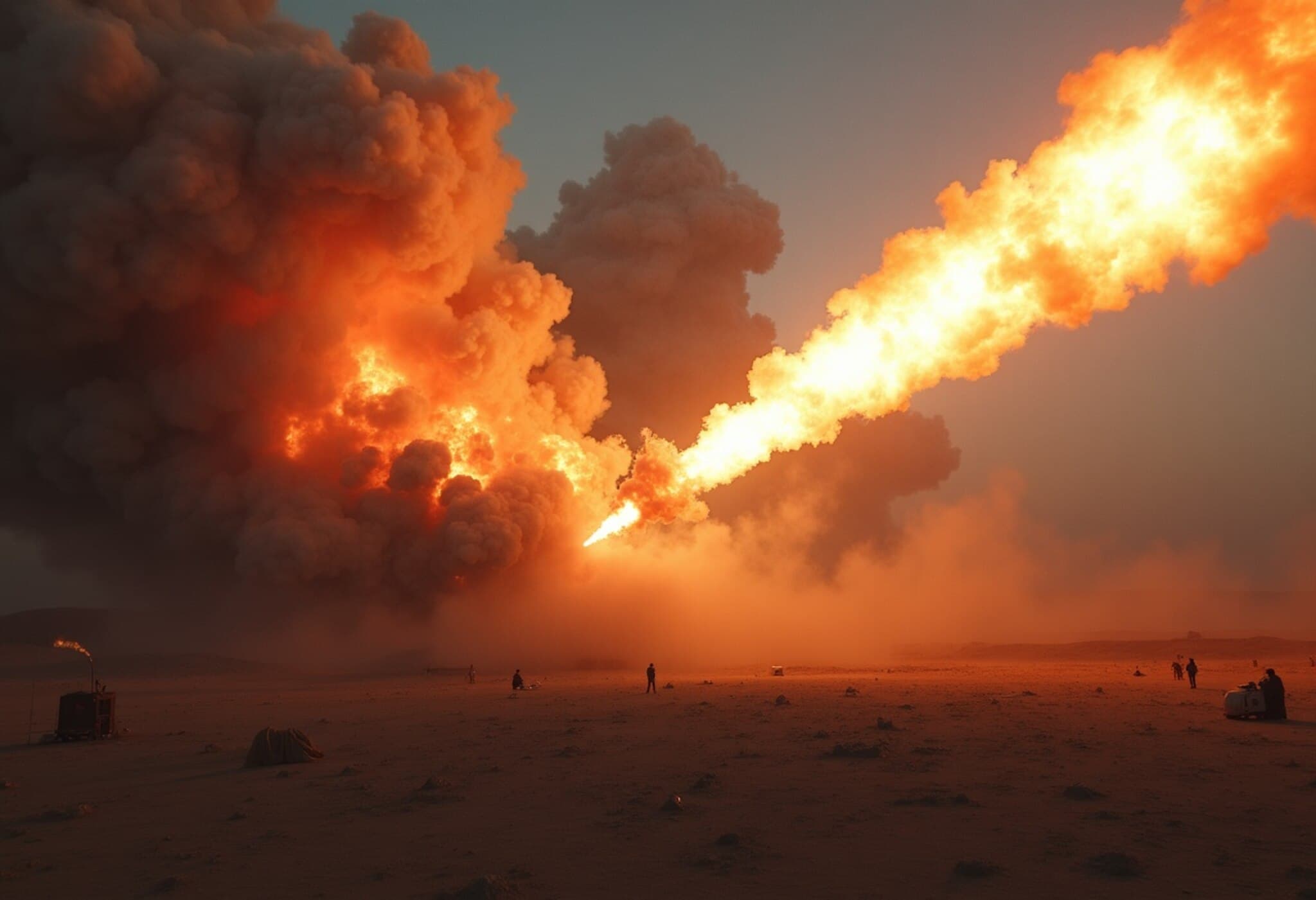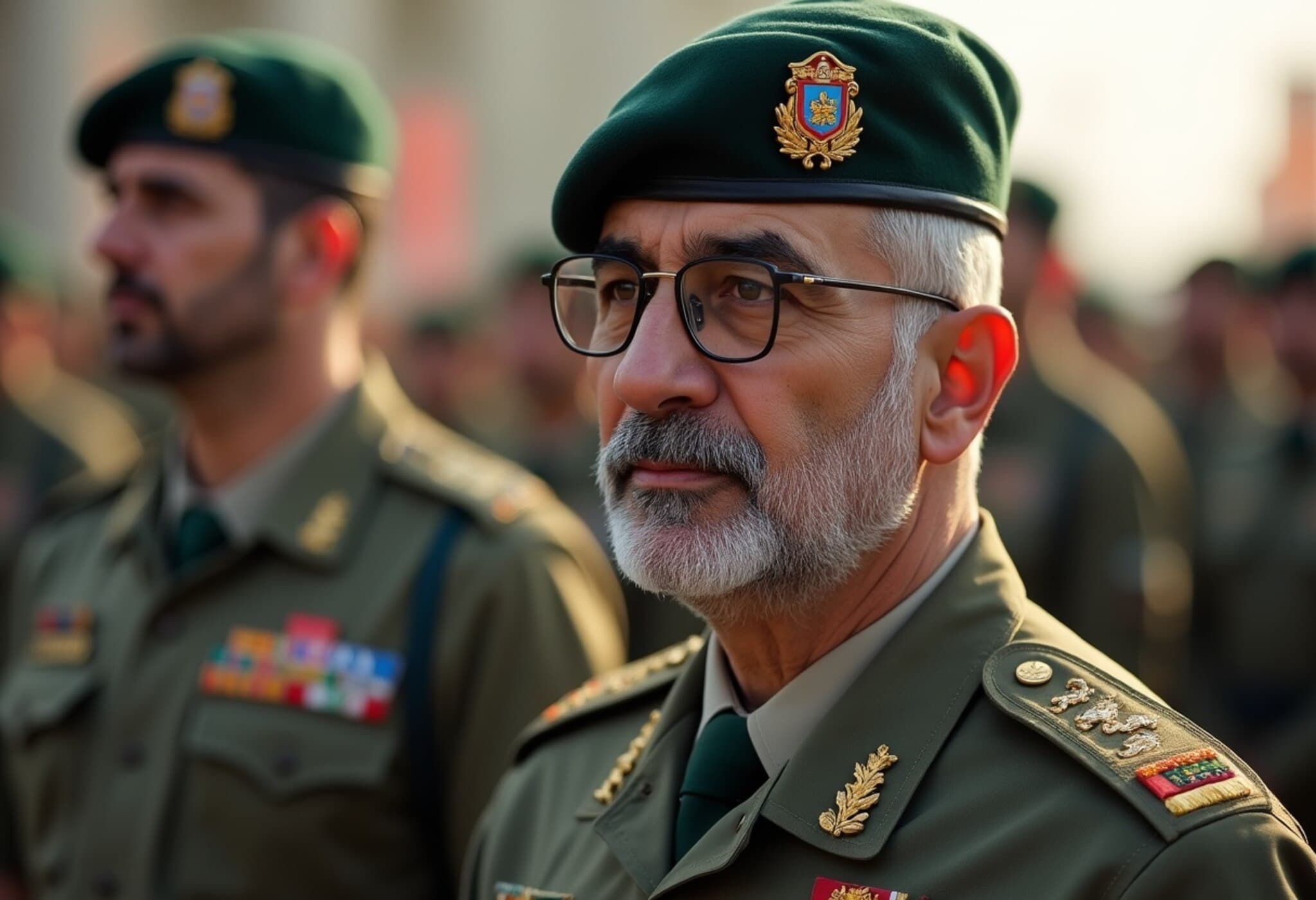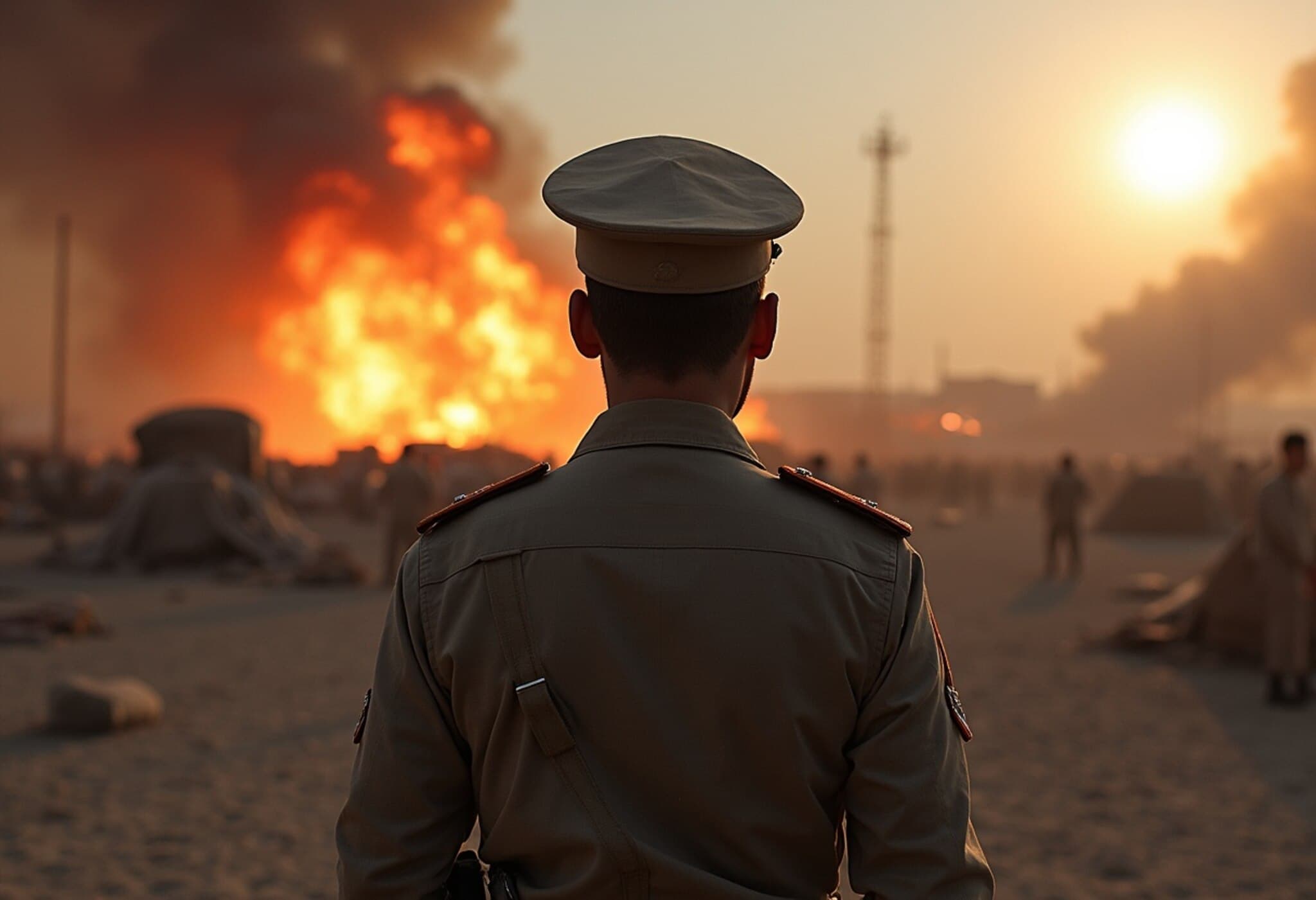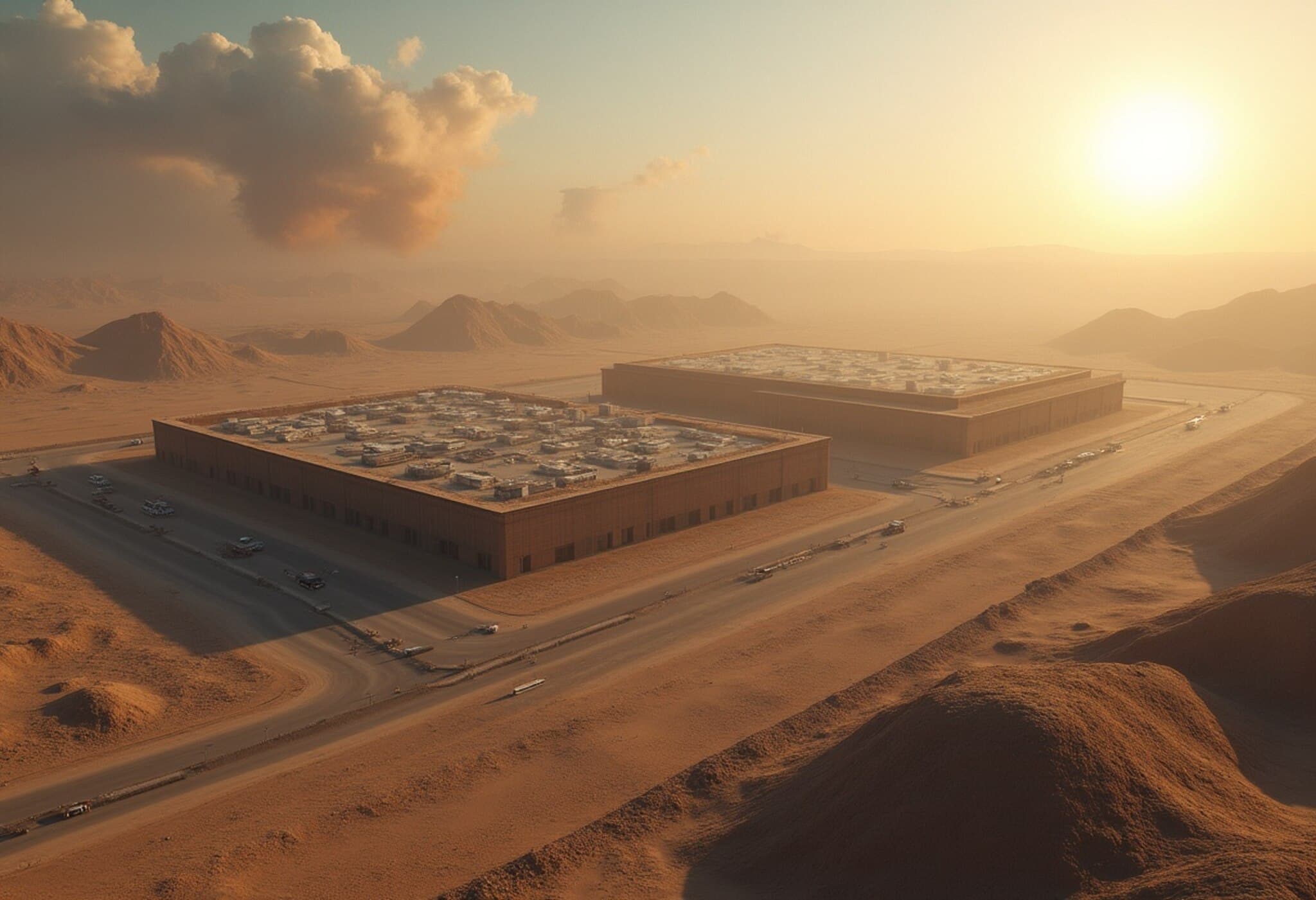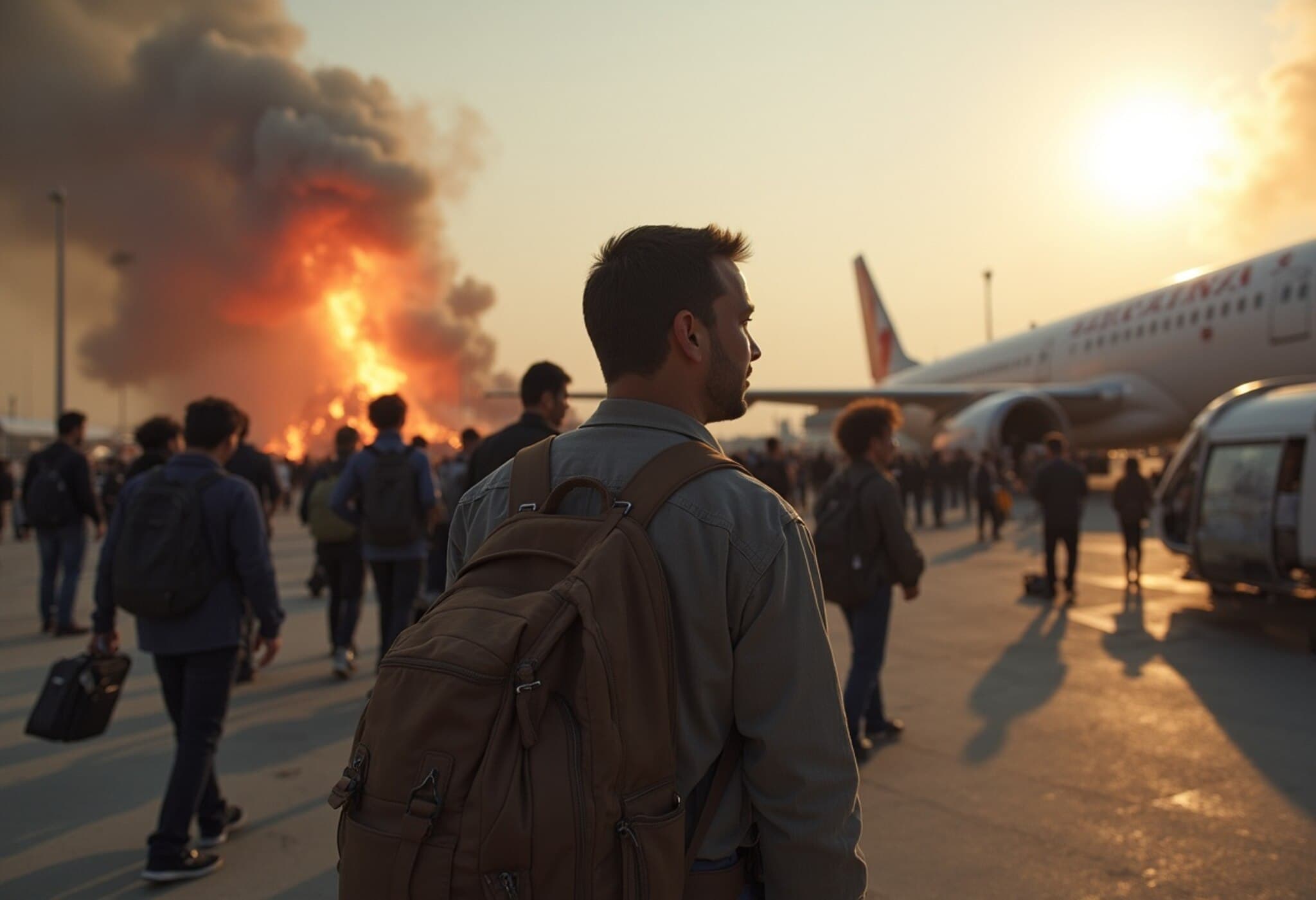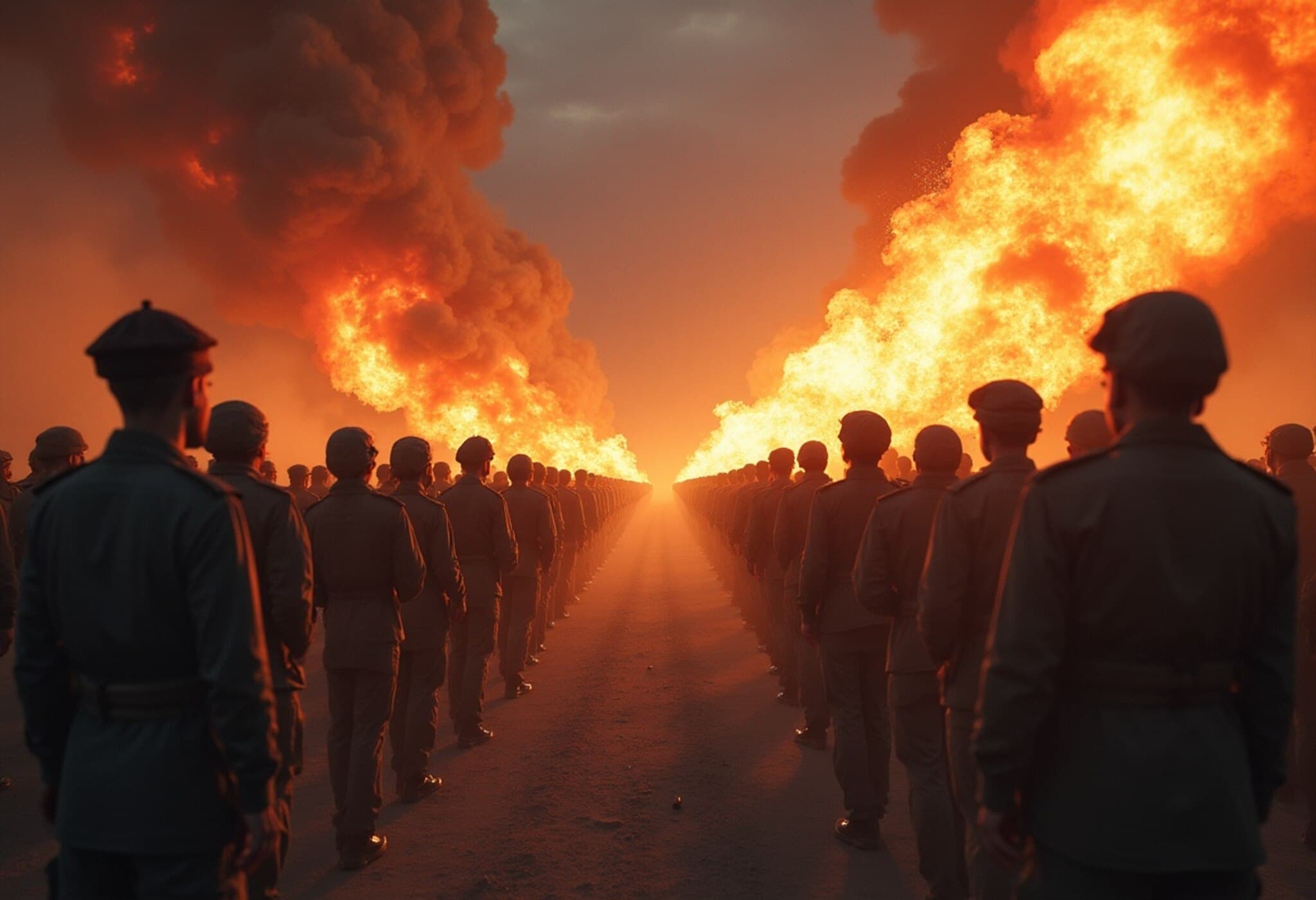Tehran’s Growing Isolation Amid Conflict with Israel
In recent days, the dynamics of power in West Asia have dramatically shifted, leaving Iran on the brink of deeper isolation. Once a formidable regional force, Iran now faces the prospect of becoming as isolated as North Korea, if not more so, largely due to the ongoing conflict with Israel and the weakening of its proxies and alliances.
From Regional Powerhouse to Shadow of Its Former Self
For years, Iran stood as one of West Asia's dominant powers, leveraging a vast network of proxies and strategic alliances to maintain influence despite international sanctions, particularly over its nuclear ambitions. However, Israel’s recent military campaign has dealt severe blows to Iran’s capabilities.
- Decimated military leadership: Many key commanders have been eliminated.
- Destroyed infrastructure: Critical military and strategic sites have been targeted and devastated.
- Neutralized air defenses: Iran’s ability to protect its airspace has been severely compromised.
Compounding these issues is the absence of meaningful support from traditional allies like Russia and China, as well as weakened proxies, including Hezbollah. This leaves Iran dangerously isolated with diminished regional influence.
Shifting Power Dynamics in West Asia
The recent conflicts have reshaped power relations across the region:
- Hamas’ capabilities diminished: The ongoing war in Gaza has weakened the group significantly.
- Hezbollah battered: Fighting in Lebanon has degraded this key Iranian ally.
- Houthis weakened: Prolonged conflict has taken a toll on their operational strength.
- Loss of strategic depth: Iran’s influence in Syria has waned following the departure of Bashar al-Assad.
With its proxies depleted and allies hesitant to provide support, Iran’s ability to project power is diminishing rapidly, risking further isolation on the international stage and reduced relevance even among its traditional partners.
The Nuclear Dilemma: A Double-Edged Sword
Iran faces a precarious crossroads. Should it pursue nuclear weapons as a means of securing its regime, it risks alienating even its closest allies. While the leadership of Russia and China opposes a nuclear-armed Iran, they also do not want to see the regime toppled. This delicate balance underscores the complexity of Iran’s situation.
Notably, nuclear armament constitutes a strict red line for many countries. As seen in other global conflicts, nuclear weapons use is widely discouraged, even by allies, reflecting fears over regional and global destabilization.
Internal Unrest Adds to the Pressure
Unlike the rigid control seen in North Korea, Iran exhibits visible cracks at home. The 2022 protests, sparked by the death of a young woman at the hands of the morality police, showcased widespread public dissatisfaction with the regime. Despite a harsh crackdown, the unrest revealed a population willing to resist when opportunity arises.
The ongoing military setbacks and international isolation could further erode the regime’s grip, potentially triggering new waves of domestic upheaval.
Looking Ahead: A Future Fraught With Uncertainty
Iran's trajectory appears increasingly difficult. Economic hardships, sanctions, and military defeats converge to paint a bleak picture reminiscent of isolated regimes. Yet, without the nuclear arsenal that shields North Korea, Tehran’s struggles may intensify further.
Ultimately, the coming months will be critical in determining whether Iran can navigate this turbulent phase or slide into deeper isolation, reshaping the geopolitical landscape of West Asia.

